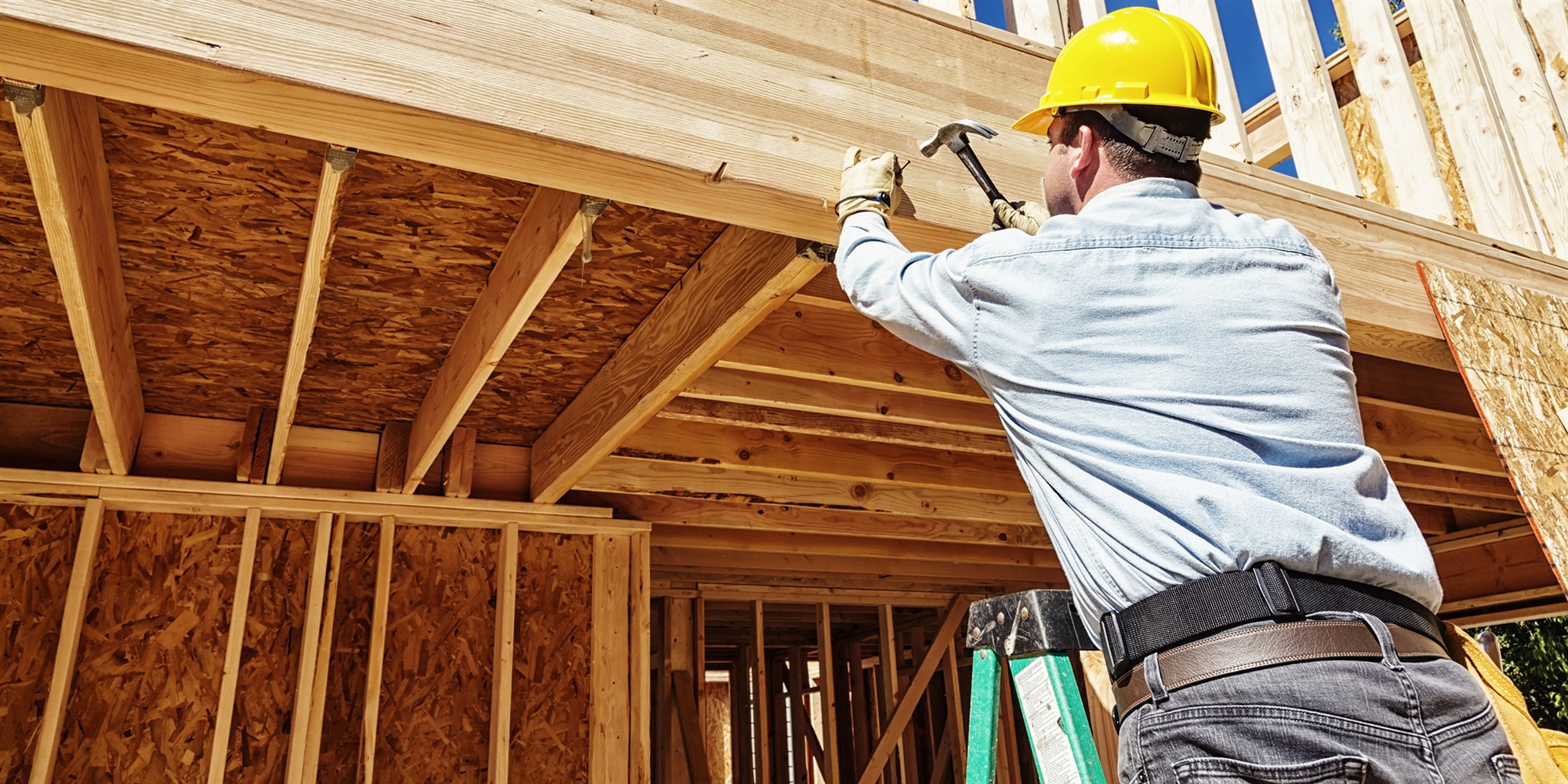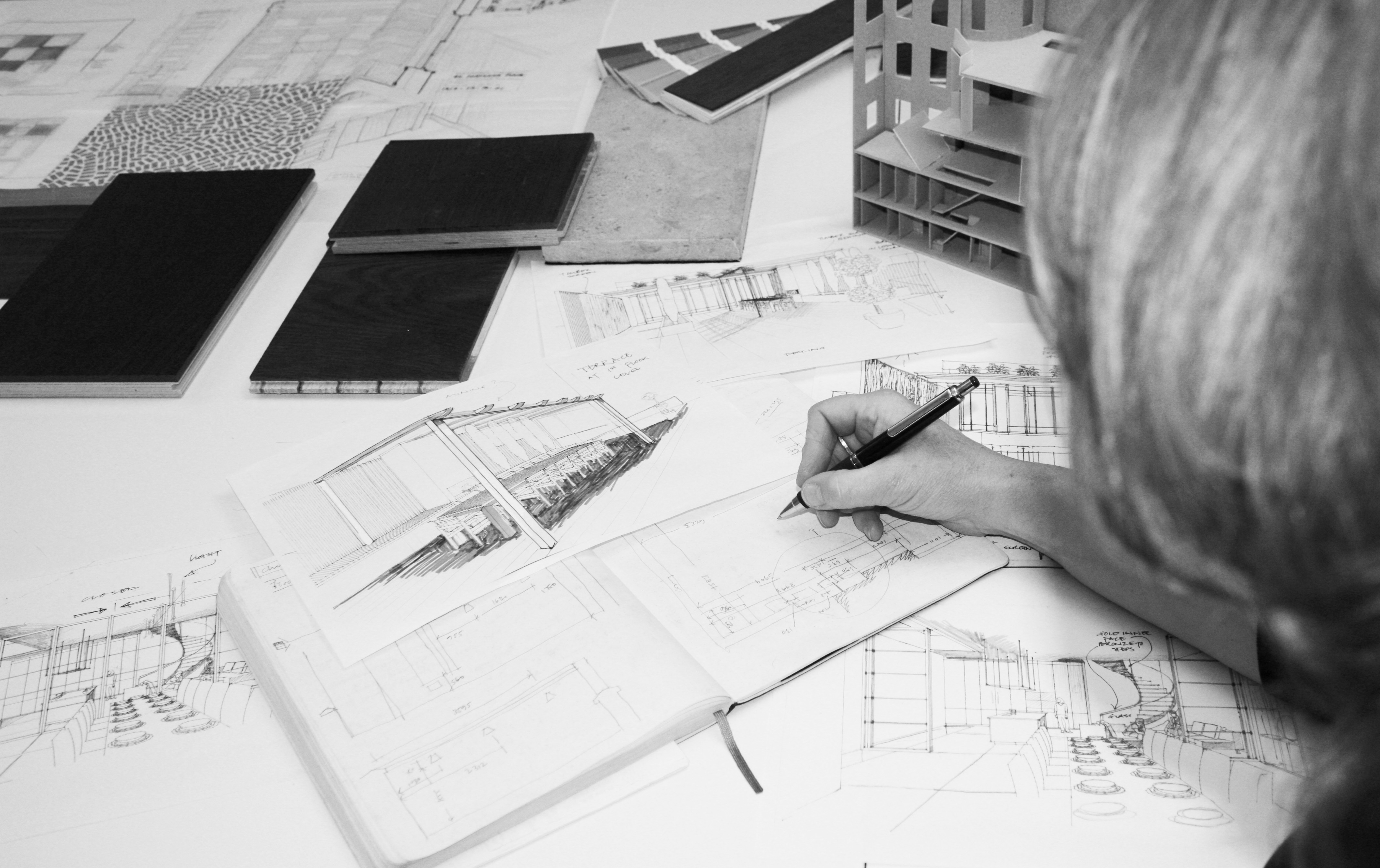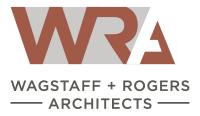Submitted by ericrogers on
 I wanted to create a quick article to cover a couple of good ways to find a good general contractor or builder for your upcoming project. The first involves doing thorough research. You should get several recommendations from friends and professionals including your own architect as we generally have a few contactors in our mind that fit your project anyway, but bear in mind that opinions of someone's honesty and professionalism are purely subjective and you must do your own research to vet your contractor list. Endorsements are purely subjective, and you must check them out by not only judging their finished projects, but also how the general contractor handled the entire progression or the job, including handling the budget, logistics, their own as well as sub-contractor attendance, on-site accommodations and regard for neighbors’ needs in terms of noise, clutter and dust. You should also request from the potential builder for a reference list of previous clients, then contact them directly.
I wanted to create a quick article to cover a couple of good ways to find a good general contractor or builder for your upcoming project. The first involves doing thorough research. You should get several recommendations from friends and professionals including your own architect as we generally have a few contactors in our mind that fit your project anyway, but bear in mind that opinions of someone's honesty and professionalism are purely subjective and you must do your own research to vet your contractor list. Endorsements are purely subjective, and you must check them out by not only judging their finished projects, but also how the general contractor handled the entire progression or the job, including handling the budget, logistics, their own as well as sub-contractor attendance, on-site accommodations and regard for neighbors’ needs in terms of noise, clutter and dust. You should also request from the potential builder for a reference list of previous clients, then contact them directly.
The second way to find a potential builder is contacting the local building associations such as the Marin Builders Association or the North Coast Builders Exchange (Sonoma, Mendocino, Lake, and Napa Counties) and try to avoid picking a contractor solely from an online search or the yellow pages. Why would you invite a stranger into your and agree to hand over a large amount of your hard-earned money to them without doing some research into them; keep in mind that your research diminishes your risk and relying only on your own intuition involves significantly higher risk.
When you interview potential general contractors, there are some simple guidelines to keep in mind. Be aware of how they present themselves and consider the quality and condition of their tools, vehicles and equipment. If you are satisfied with their professionalism, ask to see a few of their current and completed projects that are similar in size and scope of your own. Keep in mind the completion of the drawings directly reflects the accuracy of the estimate or quote. Most problems occur when variations from the architectural or structural drawings and the extra cost of implementing those changes, so be sure you're happy with the drawings and specification before you give them to the general contractor as it is much easier to move a line on a drawing than it is to move a wall in the field.
During the interview process after the builder has made the short list, they should ask you for architectural drawings and a specification to help them put together their estimate. Also, generally, the best builders are going to be busy, so they don’t need to advertise, and you will have to wait for their schedule to open up. And, be somewhat careful of a contractor that can start right away. So, it may be to your benefit to start shopping for a general contractor as soon as you have complete drawings as early as the Schematic Design phase (see link to my article regarding the Phases of Architectural Design).
It is also during this stage where you should start thinking and researching the type of contract (ie. Time and Material, Fixed Fee, Cost Plus, etc.) that you will likely engage them with. Then, once you decide on one builder, agree on all the contract details as well as the building budget, have a contract drawn up what the frequency of payments will be (never pay in cash) and only make them at the agreed upon completion phases specified in the contract.








Add new comment